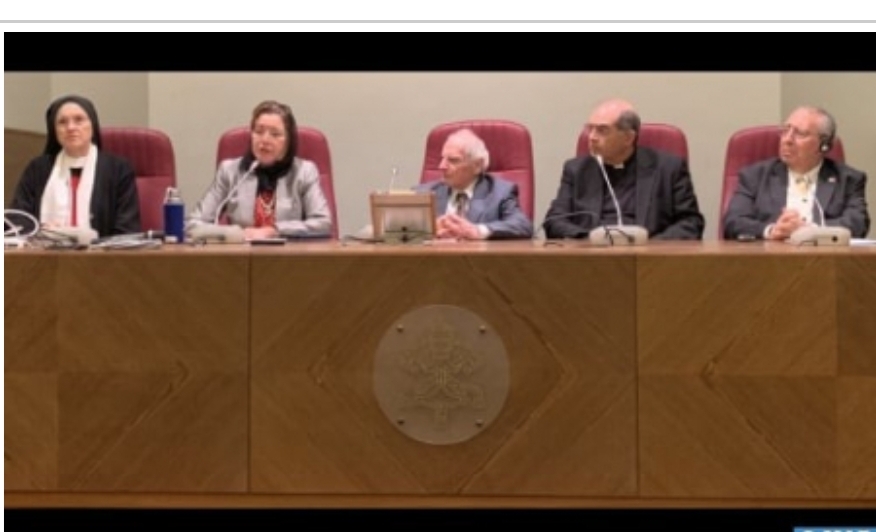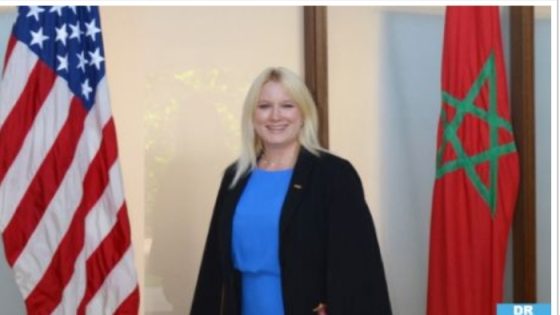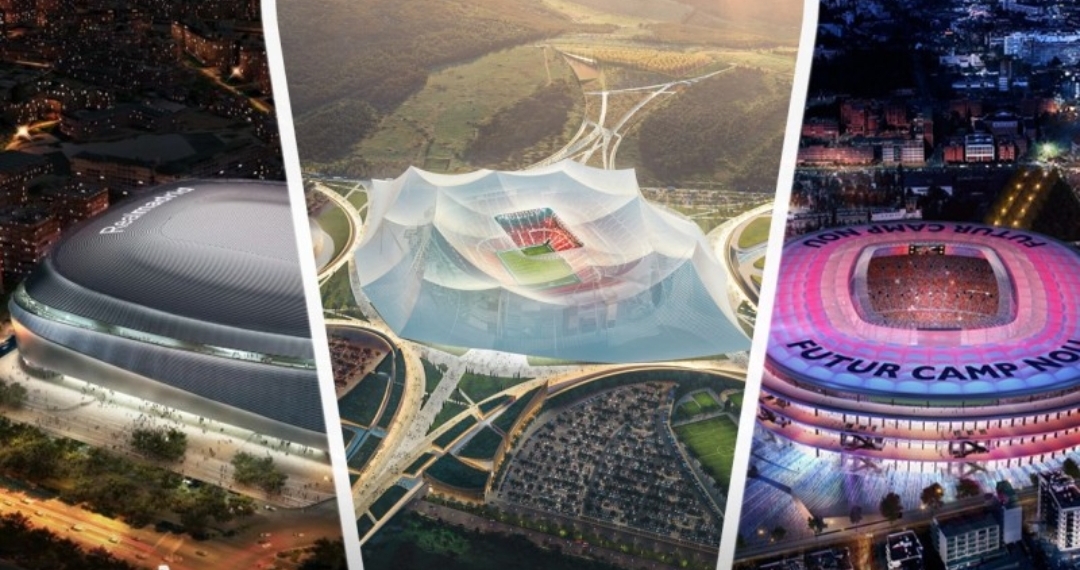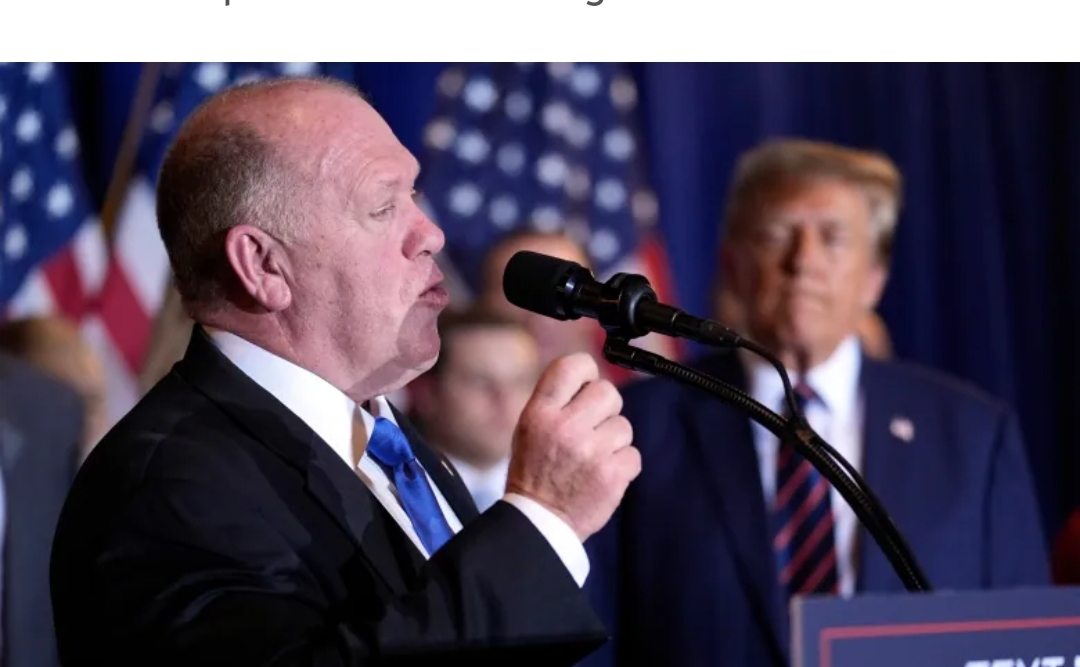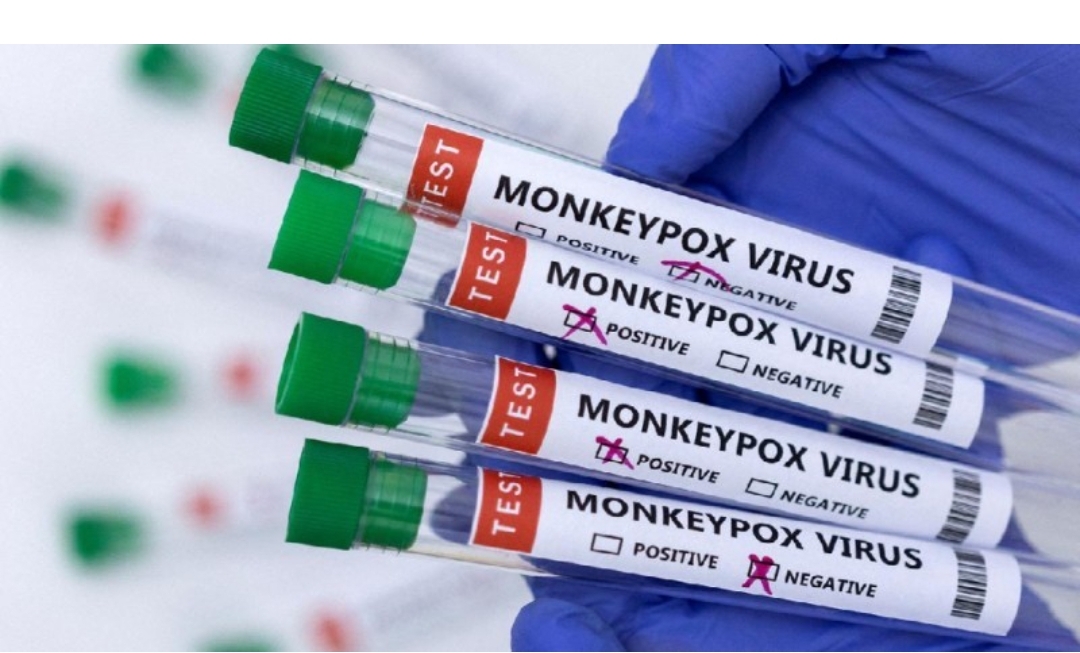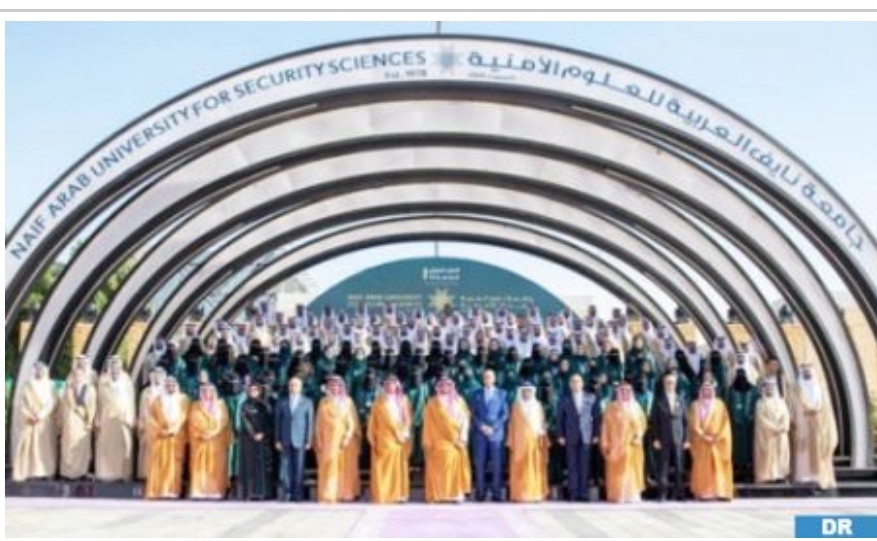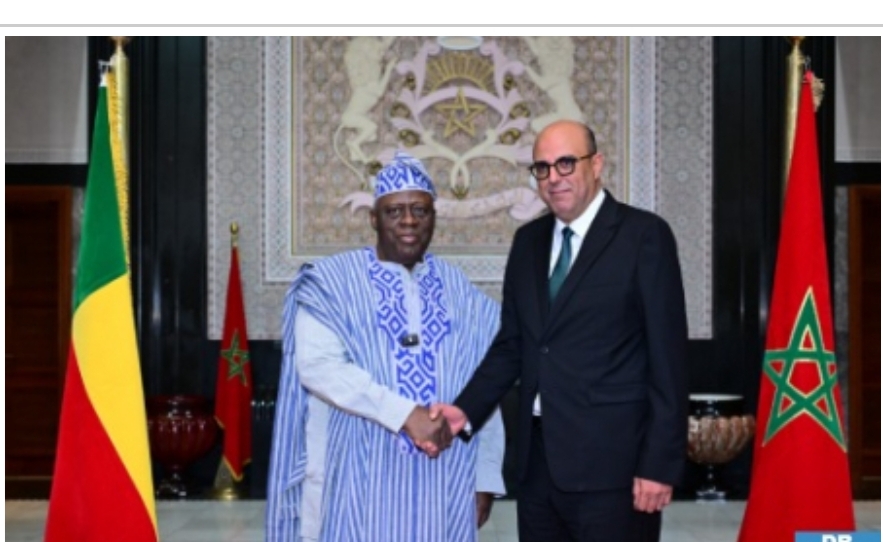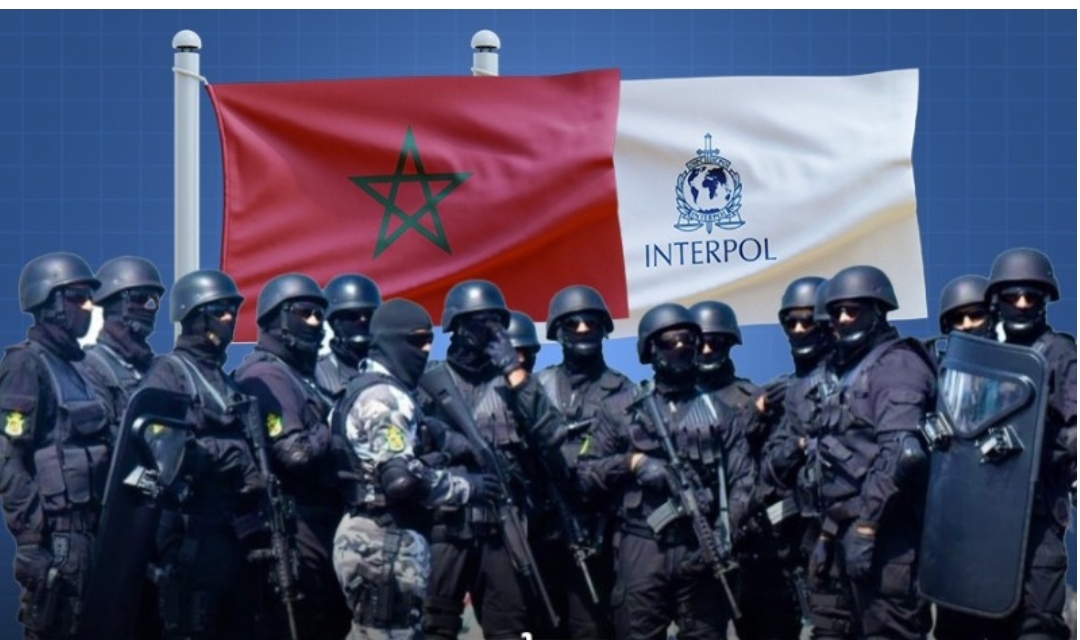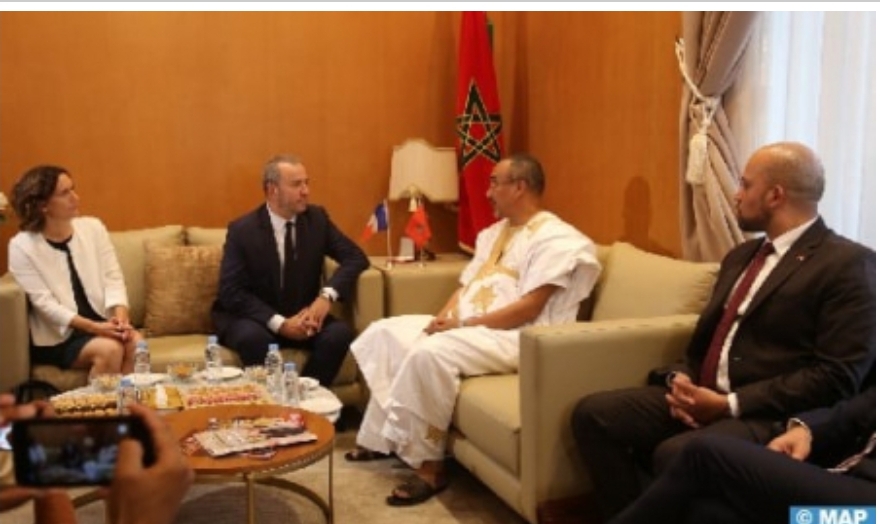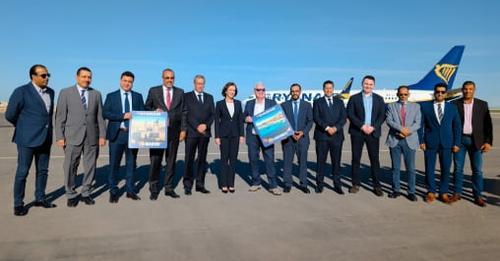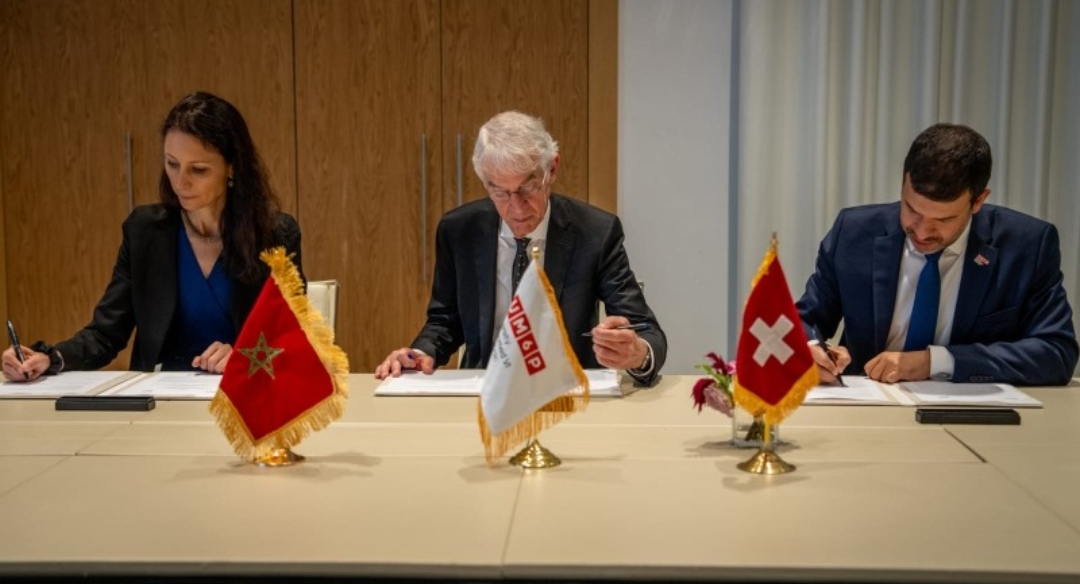Assahafa.com
Moroccan Ambassador to the Holy See and the Sovereign Military Order of Malta, Rajae Naji Mekkaoui, highlighted Morocco’s approach to migration policy under the leadership of His Majesty King Mohammed VI during an event in Rome on Wednesday.
“Morocco is well-positioned on the international stage in terms of migration policy, thanks to its initiatives and commitments under the High Directives of His Majesty the King,” said Ms. Naji Mekkaoui during a meeting themed “Migration and Migration Policy of the Kingdom of Morocco,” organized by the Caritas Politica institution.
The diplomat emphasized that Morocco is a “reliable partner” in cooperating on managing migration flows, combating illegal migration, and human trafficking. The country plays a “very active” role in processes and initiatives on these issues at bilateral, regional, continental, and international levels.
Under His Majesty the King’s leadership, Morocco has adopted a “comprehensive, compassionate, humanitarian, and pioneering” national strategy on immigration and asylum, which includes key aspects such as human rights and adherence to international law, added Naji Mekkaoui.
The implementation of the National Strategy for Immigration and Asylum (SNIA), she continued, has led to two exceptional integration operations for migrants in irregular status within Morocco. These initiatives have regularized the status of approximately 60,000 migrants, mostly from sub-Saharan African countries.
During the past year, Morocco also regularized the status of over 2,300 refugees. The diplomat noted that Morocco was among the first countries to ratify the 1951 Geneva Convention on refugees and was the second in the world to ratify the Convention on the Protection of the Rights of All Migrant Workers and Members of Their Families.
This Moroccan approach, which also aims to harness the benefits of migration as a development catalyst while providing necessary protections to vulnerable migrants, includes a series of sector-specific action programs covering education, training, healthcare, housing, social protection, employment, human trafficking prevention, international cooperation, and governance, detailed Naji Mekkaoui.
“It is therefore no coincidence that Morocco hosted the Global Forum on Migration and Development in Marrakech in December 2018, which led to the adoption of the Global Compact for Safe, Orderly and Regular Migration,” noted the diplomat. This reflects Morocco’s dedicated efforts and particular focus on Africa.
“At the African level, Morocco’s commitment reflects the strong dedication and leadership of His Majesty King Mohammed VI in Africa on migration issues through several initiatives, such as the African Agenda on Migration, which promotes a new vision for managing African migration,” Naji Mekkaoui continued.
At the European level, Morocco’s multidimensional cooperation with European countries is based on a holistic approach grounded in mutual respect, solidarity, and the pursuit of sustainable solutions. She pointed out that in the Euro-African and Euro-Mediterranean contexts, Morocco actively contributes to facilitating dialogue on migration through the Rabat Process on migration and development, launched in 2006.
Naji Mekkaoui further highlighted that “the pressure of irregular migration has worsened due to the cynical exploitation of protection and reception policies by criminal migrant trafficking networks, particularly targeting young people, who have distorted these noble goals for personal gain.”
Morocco has consistently emphasized the importance of “rational and humane” governance of migration issues at regional and multilateral levels, in line with the objectives of the Marrakech Compact, concluded the ambassador. The event was also attended by Cardinal João Braz de Aviz and the Mexican Ambassador Alberto Medardo Barranco Chavarría.
Source: map
